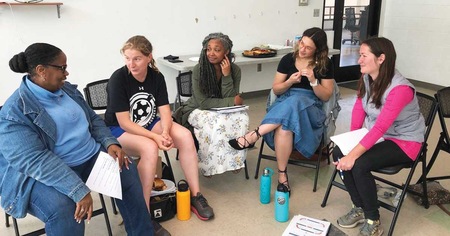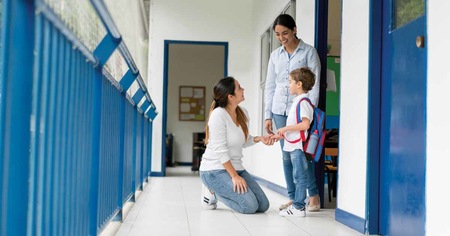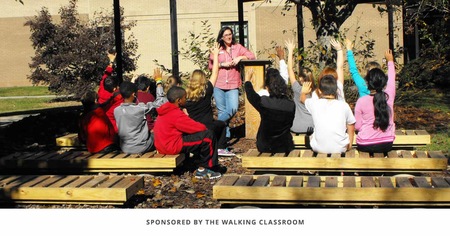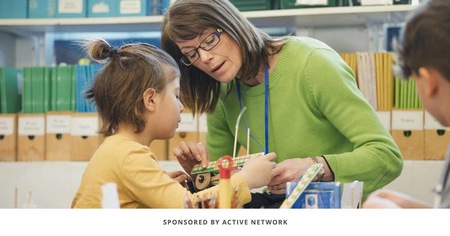Professional Development
NAA publishes fresh, new content every week covering a wide variety of topics related to the field of aftershool. In addition, NAA offers a variety of opportunities for virtual professional development (PD) through meaningful content, conversations and connections. Click here to see full descriptions of virtual PD offerings.
Baltimore OST Inclusion Collaborative
Tuesday, 29 October 2019 15:11Professional Development is an essential ingredient to high program quality and improving youth outcomes.
The Science of Learning and Development in Afterschool Systems and Settings
Tuesday, 29 October 2019 00:00Over time, there has been an increased value placed on supporting children and youth as a whole in out-of-school time settings, whether through research, policy, or practice.
Landmark Report Offers Recommendations for Improving Quality, Equity and Effectiveness of Summer Programs
Thursday, 17 October 2019 12:04The National Academy of Sciences (NAS) has released Shaping Summertime Experiences: Opportunities to Promote Healthy Development and Well-Being for Children and Youth, a comprehensive report examining the state of the evidence on summer learning in America.
Increasing STEM Literacy
Tuesday, 15 October 2019 11:42An Army Educational Outreach Program, eCYBERMISSION (eCM) is a free web-based STEM competition for students in grades six through nine.
Put Families, Schools, and Community Members on Your Afterschool Inclusion Team
Tuesday, 08 October 2019 10:57Inclusion is a topic that tugs at the heartstrings of families and educators.
Supporting SEL Efforts (and Academics) in Afterschool
Tuesday, 08 October 2019 00:00Many afterschool and summer learning programs are implementing social and emotional learning initiatives, but not all afterschool professionals feel prepared to discuss SEL.
What You Need to Know About Background Checks
Tuesday, 01 October 2019 12:15The physical safety of young people is a basic tenet of quality afterschool programs. Because staff and volunteers are key to providing quality programs, a logical—and necessary—starting point is pre-employment background checks.
The Importance of Soft Skills in Afterschool Programs
Tuesday, 01 October 2019 11:04Afterschool programs have evolved. Today, parents and students alike expect these extracurricular programs to teach soft skills: those required for college admissions and career success.
Are You an Effective and Efficient Communicator?
Tuesday, 24 September 2019 10:33Imagine being in a room where all sorts of different languages were being spoken.
Top 5 Trends in Disability Inclusion
Tuesday, 24 September 2019 00:00Today, roughly 1 in 6 children has a diagnosed mental, behavioral or developmental disorder.
National AfterSchool Association • 2961A Hunter Mill Road, #626 • Oakton, VA 22124 • info@naaweb.org










